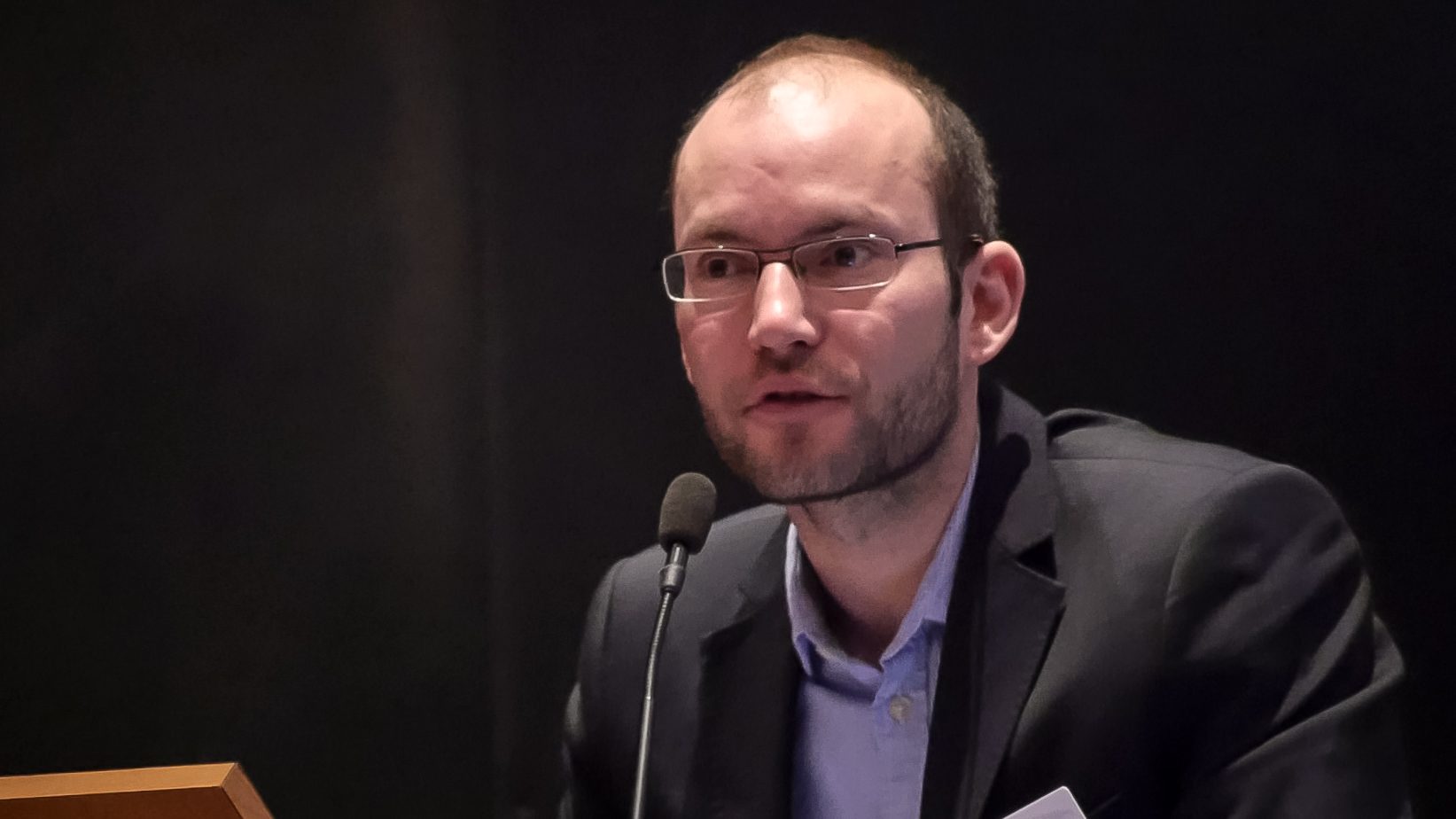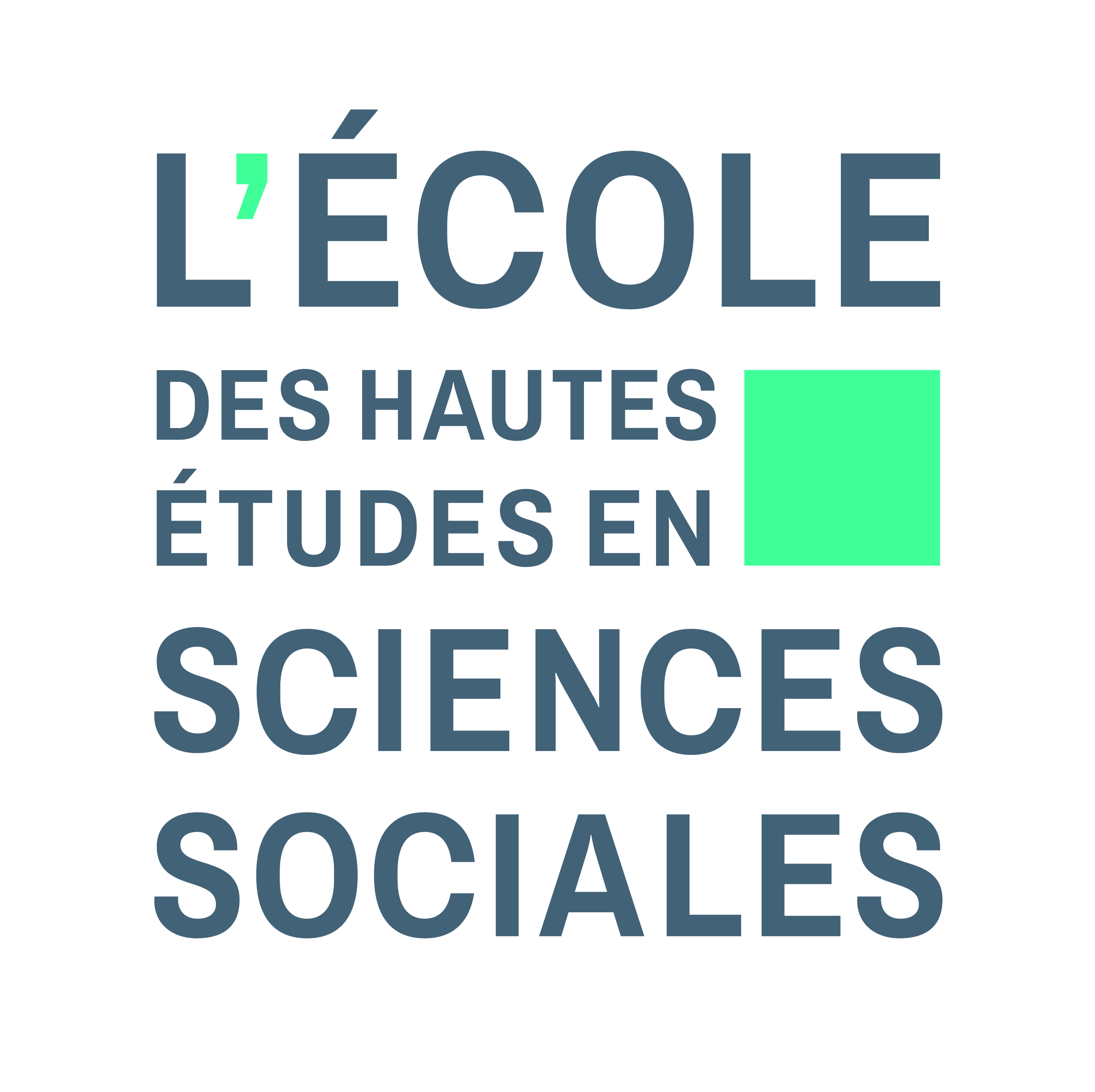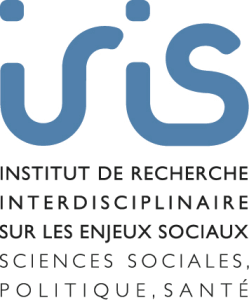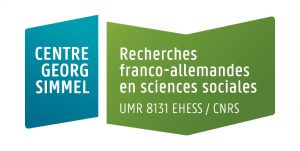| – Special issue of the Journal of Holocaust Research – |
| Sexual practices were pervasive during the Holocaust—violent and non-violent, consensual and non-consensual, commercial and non-commercial, heterosexual and non-heterosexual. Studying the topic is imperative, yet doing so requires us to address a series of complicated methodological, ethical, and political questions. How can we understand practices and meanings of sexuality during a time of extreme violence? What forms of agency, vulnerability, and harm did women, men, and gender non-binary individuals experience? What role did sexuality and gendered relations of power play in victim communities? How did they manifest in the interactions between victims and perpetrators or victims and bystanders? This special issue, “Sexuality and the Holocaust,” examines how the still under-researched categories of gender and sexuality can broaden our understanding of the Holocaust. It aims to explore both agency and victimization, as well as various forms of complicity, through the lens of sexuality and gender. The latter categories are inherently related to other identity categories, including race, ethnicity, class, age, ability, and religious beliefs, among others. The board of the Journal of Holocaust Research invites scholars in various disciplines (e.g., Holocaust studies, history, gender studies, philosophy, sociology, cinema and visual arts studies) to submit proposals for essays that offer innovative perspectives on themes and questions that include, but are not limited to, the following:Brutalization of women’s bodies and genocidal sexual violence, with a particular focus on testimonies.Sexual violence against boys and men.Sexuality in prisons, gulags, and concentration camps, including queer practices of people who identified as heterosexual.Sexual barter as a practice of Jewish women and girls, men and boys in the Nazi concentration camps, in different circumstances of hiding, in the ghettoes, and in the killing fields in the East.Queer and non-binary perspectives on various aspects of individual and collective experiences during the Nazi rule.Homophobia and persecution of gay men, the treatment of lesbian women during the Holocaust, and the persecution of gender non-binary individuals.How constructions of sexualities within the discourses on antisemitism and biological racism shaped Nazi sexual politics.Depictions of sexuality and sexual violence in photography.Representations of gender and sexuality in Holocaust visual arts and cinematography.Representations of gender and sexuality in museums and memorial sites.Sexual and gender-based violence against persecuted Roma and Sinti. Deadline: The deadline to submit proposals is March 15, 2022. Titles and abstracts (300 words max.) and a short bio (200 words) should be submitted in Word format to: jhr@univ.haifa.ac.il For more information on The Journal of Holocaust Research, check our website: https://www.tandfonline.com/toc/rdap21/current |
| Editors: Dr. Michal Aharony, with Dr. Dorota Glowacka and Dr. Regina Muehlhaeuser (Guest Editors) |








